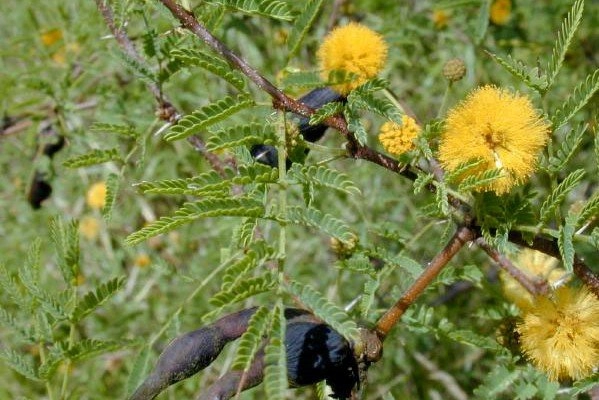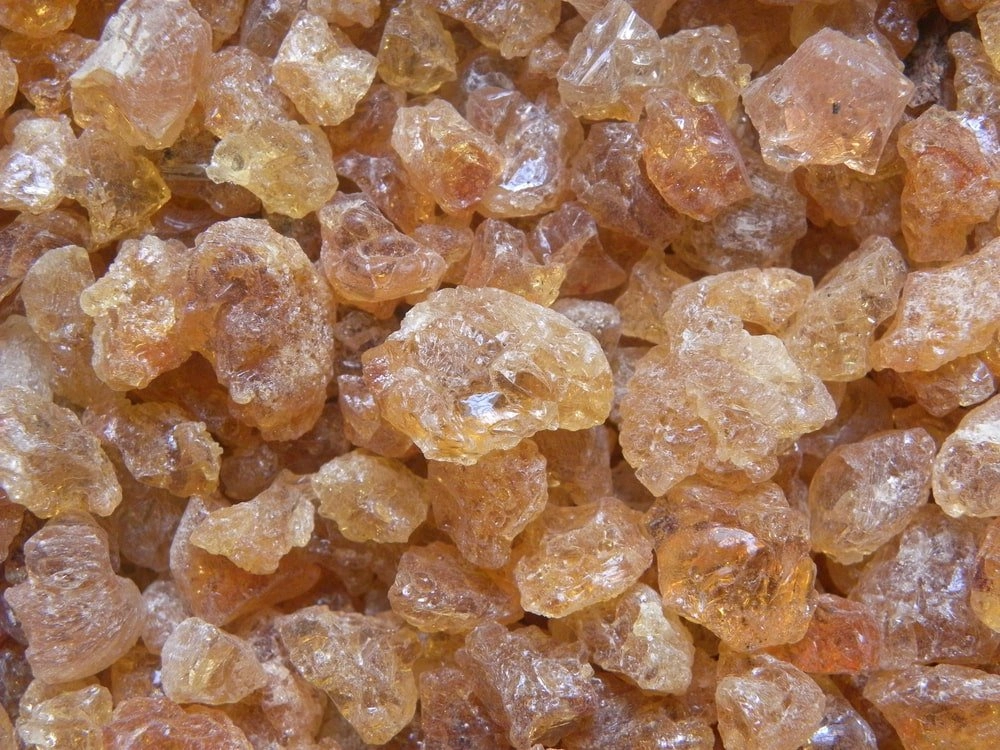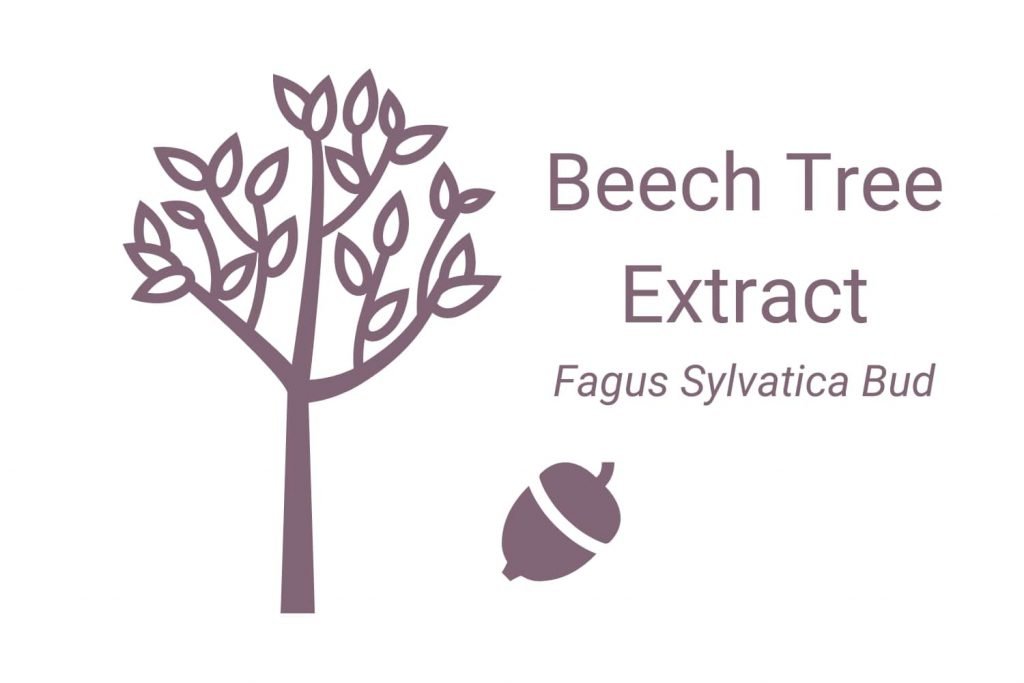Image above source: Wikipedia
This post may contain affiliate links. Read the full disclosure here
Looking to understand what this ingredient is and why it’s in your skincare products? You’ve come to the right place! Acacia Farnesiana extract for skin is a plant-based ingredient, which we love, but it doesn’t do a whole lot for the skin. It provides a nice smell, which is why it is used in skin care and cosmetics products but that’s it.
Not all plant-based ingredients are great are for your skin. This ingredient doesn’t have any safety concerns but it isn’t all that beneficial either. Let’s take a deeper look.
What Is Acacia Farnesiana Extract?
Acacia farnesiana extract is derived from the flowers and stems of the Acacia farnesiana plant. This tree is also known as Vachellia farnesianas. This leafy, thorny tree can grow up to 30 feet tall and is part of the legume family.
It is used in skincare and cosmetic products to add fragrance.
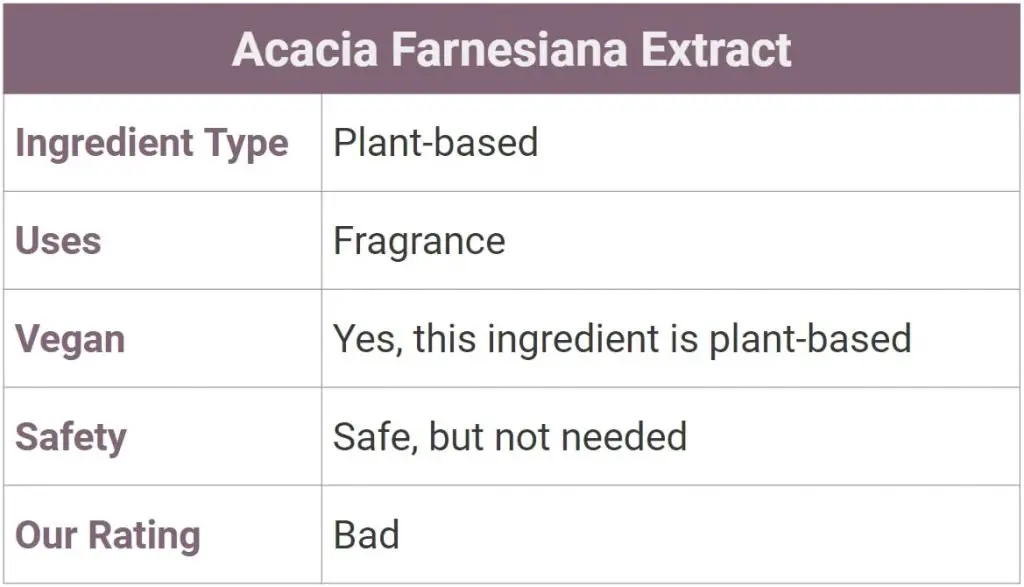
Acacia Farnesiana Extract Benefits and Uses
It’s commonly added to cosmetics for fragrance and also considered an astringent. While it’s considered a safe ingredient, it doesn’t provide any notable benefits. While Acacia farnesiana isn’t inherently bad, it’s not an ingredient that is critical for a product’s effectiveness, texture, or shelf-life. In other words, it’s not needed unless scent is important such as in deodorant or perfume. It’s not needed for products such as a face wash, serum, or mask.
Every ingredient that you put on your face or body has at least some inherent risk of causing irritation or an allergy. While the risk of that with acacia farnesiana extract is low, there is still a risk. When an ingredient doesn’t offer any direct benefit to the skin, we try to avoid when possible. That’s the only reason we gave this ingredient a “bad” rating. It’s probably not going to hurt you but it won’t help you either.
We’ve reviewed several other “fragrance” ingredients such as linalool, coumarin, and limonene. It’s not that we dislike all ingredients that have a nice scent, we just look to the other benefits they can provide. Many of these fragrance ingredient are also known to trigger allergic reactions and skin irritation.
Is It Vegan?
Yes, Acacia farnesiana extract is vegan and cruelty-free, assuming no non-vegan processes are used when the plant extract is derived. This ingredient is plant-based so no animal products are used to produce. As always, check the full list of ingredients for any skincare products to ensure there aren’t any animal-derived ingredients.
Is It Safe?
Limited research has found that this extract had no short-term or acute toxicity, although more research is needed to validate. While this ingredient isn’t deemed unsafe, it may not be necessary given the limited benefits and more widely researched alternative ingredient options.
Ingredients that aren’t necessary for the product to function should be excluded. Added ingredients for fragrance increases the risk of irritation or sensitivity to the skin. Would you rather have a product that smells nice or healthy, happy skin? We prefer the latter.
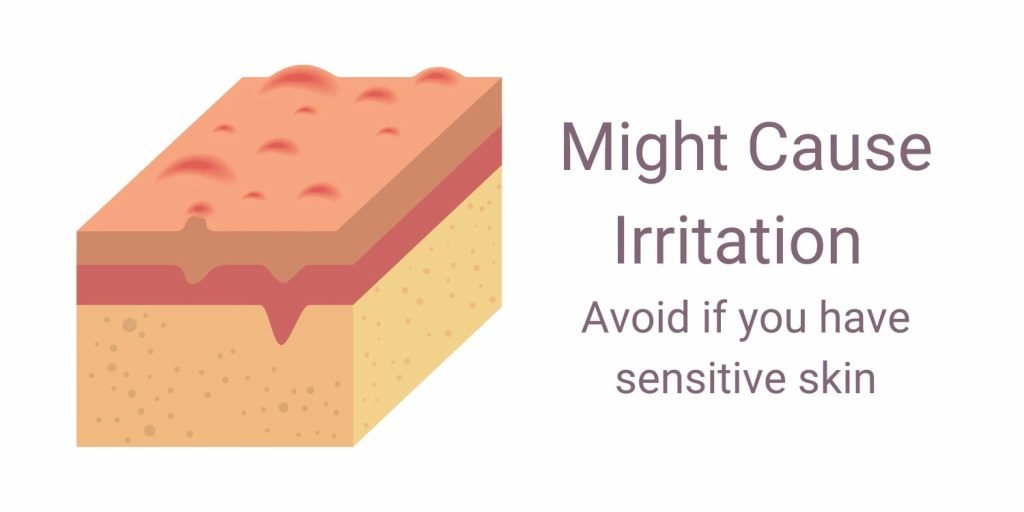
Bottom Line
This ingredient isn’t critical to the effectiveness of most products, so it should be avoided when possible. It is a plant-based ingredient that doesn’t have any known side-effects but it doesn’t offer notable benefits to the skin. You don’t have to run when seeing this ingredient but with all else being equal, we’d opt for the product not using this ingredient.
If your favorite skincare product has this ingredient and it’s not bothering you, don’t worry about it. But with all things being equal, this is an ingredient we can live without.
If you have sensitive skin or are prone to irritation, this is an ingredient you should avoid.
Also Known As:
Acacia farnesiana extract may also be referred to as Vachellia farnesiana, Mimosa farnesiana, sweet acacia, huisache, or needle bush.
References:
https://pubmed.ncbi.nlm.nih.gov/16422266/
Related Plant-Based Ingredients:

